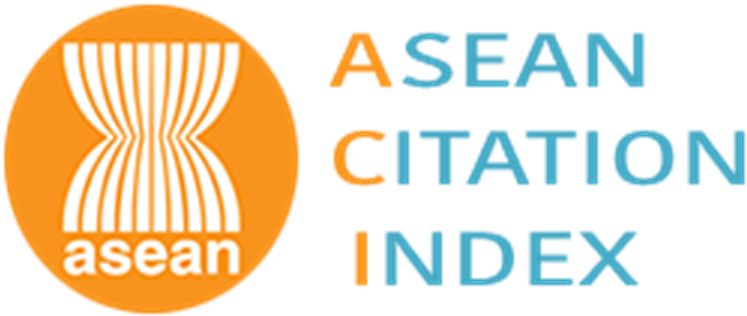การจัดลำดับการผลิตรถยนต์แบบหลายวัตถุประสงค์บนสายการประกอบผลิตภัณฑ์ผสมแบบสองด้าน
Abstract
การจัดลำดับการผลิตรถยนต์บนสายการประกอบแบบสองด้านมีความสำคัญอย่างยิ่งสำหรับใช้ในการแก้ปัญหาสายการประกอบที่มีหลายผลิตภัณฑ์ให้เกิดประสิทธิภาพสูงสุด ซึ่งปัญหาชนิดนี้มีความยุ่งยากและสลับซับซ้อน เนื่องจากเป็นปัญหาแบบ Non-deterministic Polynomial Hard: NP-Hard โดยปัญหาการจัดลำดับการผลิตรถยนต์แบบผลิตภัณฑ์ผสมบนสายการประกอบแบบสองด้านนี้ ได้พิจารณาฟังก์ชันวัตถุประสงค์ 3 ฟังก์ชันในงานวิจัยคือ ปริมาณงานที่ทำไม่เสร็จน้อยที่สุดจำนวนรถยนต์ที่ละเมิดรวมน้อยที่สุด และจำนวนครั้งการเปลี่ยนแปลงสีน้อยที่สุด และนำเสนออัลกอริทึมการบรรจวบแบบขยาย (Combinatorial Optimization with Coincidence Expand: COIN-E) ซึ่งเป็นอัลกอริทึมที่ประยุกต์มาจาก COIN มาใช้ในการแก้ปัญหา โดยทำการเปรียบเทียบกับอัลกอริทึมที่ยอมรับในการแก้ปัญหาการจัดลำดับการผลิต ได้แก่ NSGA-II, DPSO, BBO และ COIN ผลจากการเปรียบเทียบพบว่า COIN-E มีประสิทธิภาพด้านการลู่เข้าสู่กลุ่มคำตอบ ด้านการกระจายกลุ่มคำตอบและด้านอัตราส่วนของจำนวนกลุ่มคำตอบที่ค้นพบเทียบกับกลุ่มคำตอบที่แท้จริงเท่ากับ 91.85, 51.08 และ 57.48 ตามลำดับ ซึ่งจากตัวชี้วัดสมรรถนะของทั้ง 3 ชนิดจะพบว่า COIN-E มีประสิทธิภาพในการใช้การแก้ปัญหาได้ดีกว่า NSGAII, DPSO, BBO และ COIN
คำสำคัญ: อัลกอริทึมการบรรจวบแบบขยาย การจัดลำดับการผลิตรถยนต์บนสายการประกอบ ผลิตภัณฑ์ผสมแบบสองด้าน
Car Sequencing on two-sided assembly line is an important problem in an automotive industry. Researchers and practitioners have attempted several approaches to solve this problem aiming at maximum production efficiency. The problem is considered as an “NP-Hard problem”. In this paper, three objective functions are considered including 1) minimizing utility work, 2) reducing the number of violation and 3) decreasing the number of color changes. The expansion of Combinatorial Optimization with Coincidence (COIN-E) algorithm is developed from its original version (i.e. COIN). Several well-known algorithms are compared in solving this problem including Non-dominated Sorting Genetic Algorithms (NSGA-II), Discrete Particle Swarm Optimization (DPSO), Biogeography-based Optimization (BBO) and (COIN). The experimental results indicate that COIN-E is efficient and it obtains the values of convergence = 91.85%, spread = 51.08% and ratio = 57.48%, which are significantly superior to NSGA-II, DPSO, BBO and COIN.
Keywords: Expanded Combinatorial Optimization with Coincidence, Car Sequencing, Mixed-model Two-sided Assembly Lines
ISSN: 2985-2145





